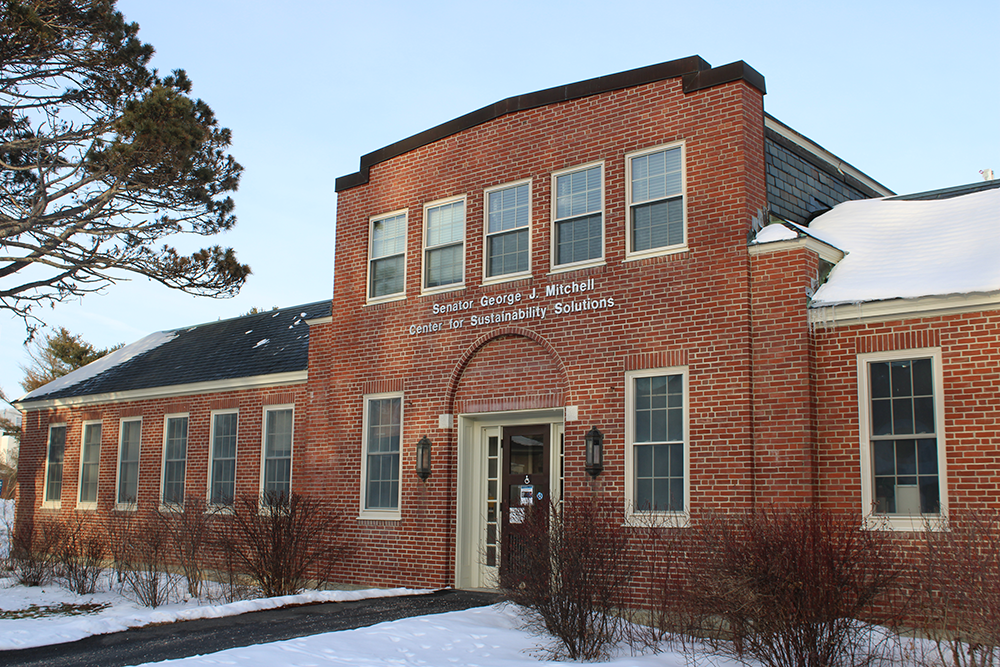On Monday, March 20, the University of Maine’s Mitchell Center for Sustainability Solutions held a weekly Sustainability Talk event focused on solving the challenge of food waste through innovative solutions as 90 billion meals worth of food goes uneaten each year in the United States alone according to ReFEd.
Angel Veza, Senior Manager of Capital, Innovation and Engagement at food waste-fighting organization ReFED presented a multitude of economic-focused solutions to help combat food waste.
Veza opened the presentation with some shocking statistics — she mentioned that $1 trillion worth of food is wasted every year, and food is one of the top materials entering landfills.
“That’s why there is a national and international goal that’s been set to cut food waste in half by 2030. It’s 2023, so the clock is ticking — we have to take action now,” Veza said.
One issue that contributes to food waste is perishability dates. There is no national regulation on best-by dates on food products, misleading consumers to throw away perfectly good food, which helps companies make more money since customers unnecessarily buy too much food.
Some of ReFED’s technologies are helping reduce food waste. Veza detailed their use of predictive analytics to help reduce portions and ask consumers how much food they really need. They also focus on economic solutions like using catalytic funding to fund technologies that extend the shelf life of fruits.
Food waste is an incredibly dire situation — ReFED’s website states that an estimated 24% of all the food in the U.S. is wasted — equaling 54 million tons of food completely wasted per year.
ReFED defines food waste as the undonated or un-recycled portion of surplus food, which they define on their website as foods unsold or unused by businesses, uneaten at home, donated, repurposed, composted or fed to animals.
Part of ReFED’s mission is to help reduce food insecurity — they advocate that the resources used to produce and distribute food are put to better use when that food is eaten.
“[I] thought that the presenter gave a lot of really important points and different solutions we can think about moving forward,” said Amiela Mooney, an ecology and environmental science student who attended the talk.
The 2023 Maine Food Waste Solutions Summit will be held virtually on April 14 for students, staff and community members who are interested in playing a part in reducing food waste. More information can be found at this link: https://umaine.edu/mitchellcenter/event/2023-maine-food-waste-solutions-summit/








